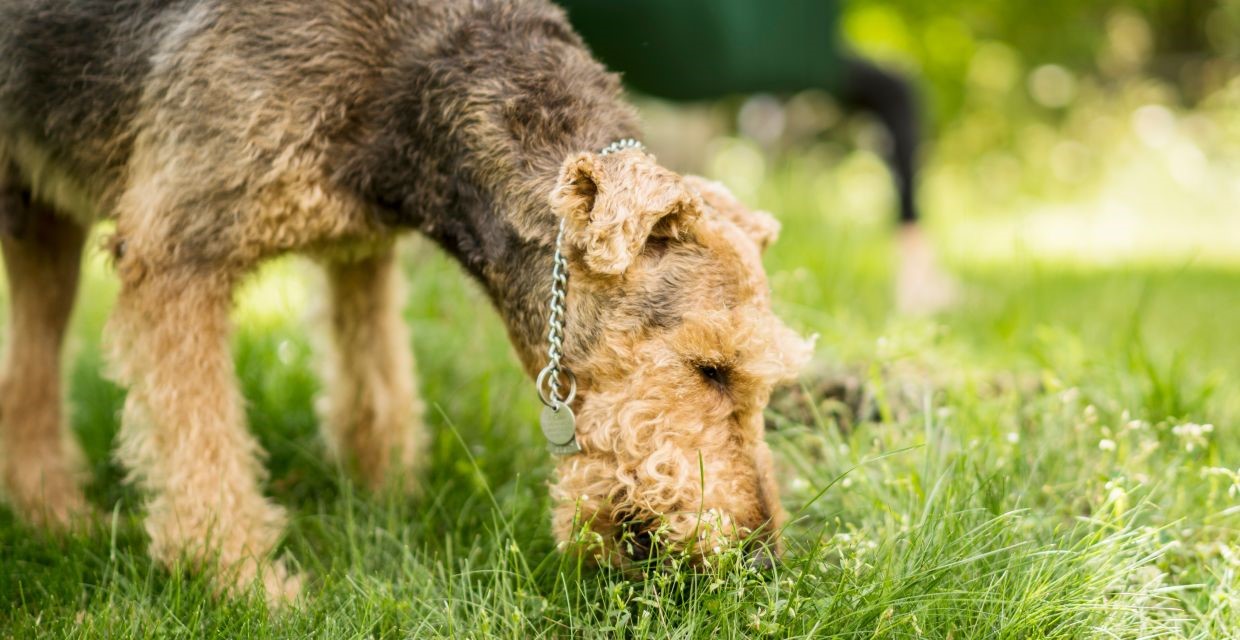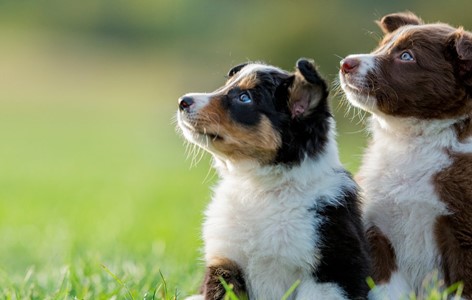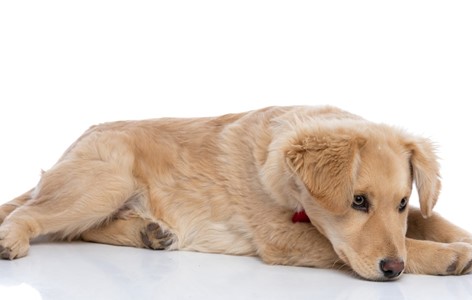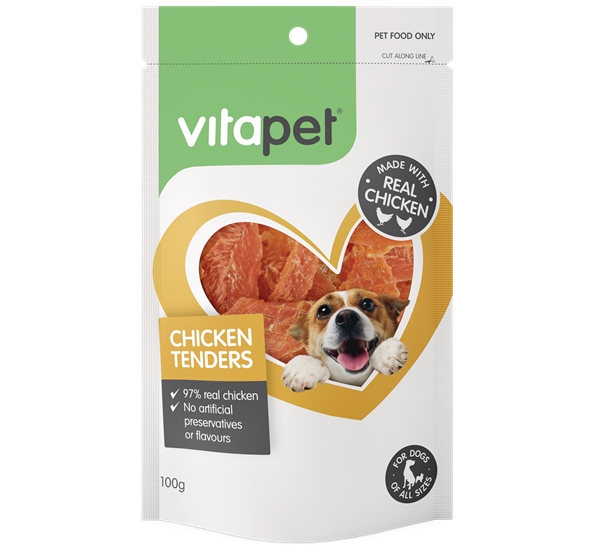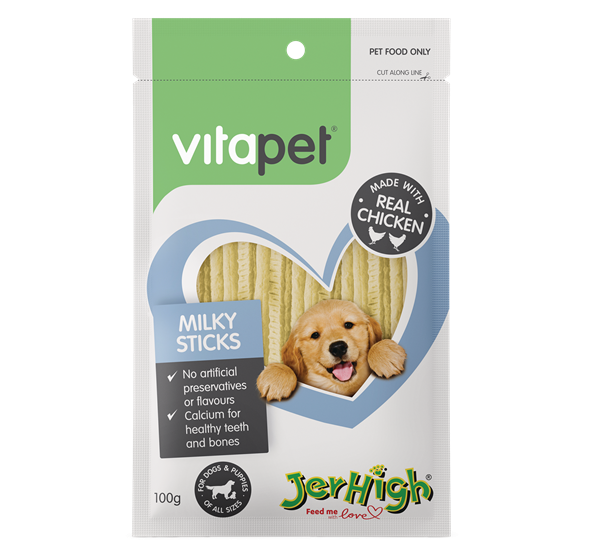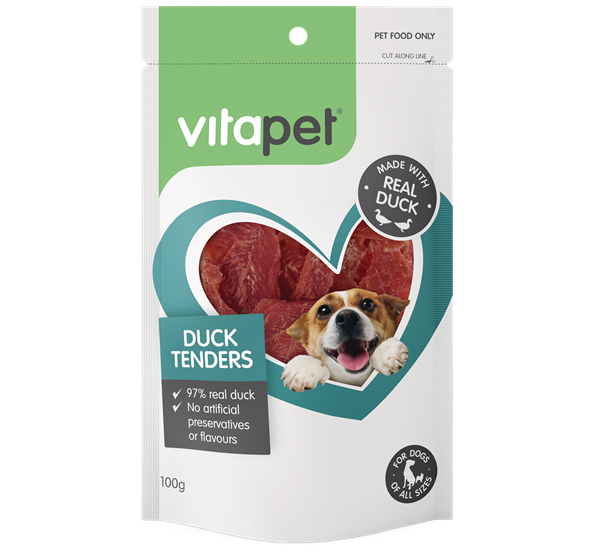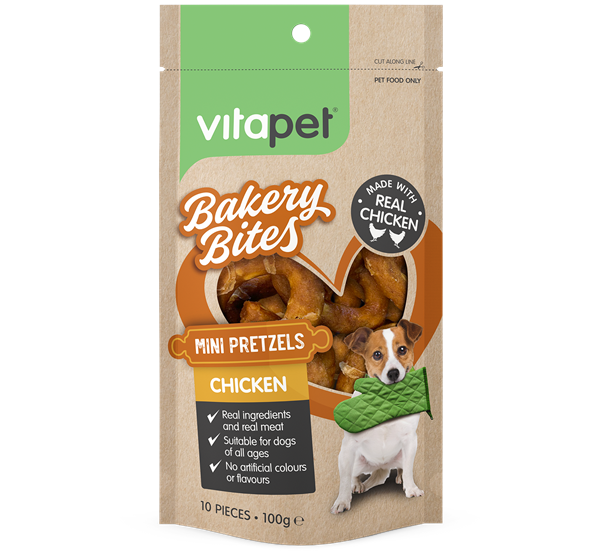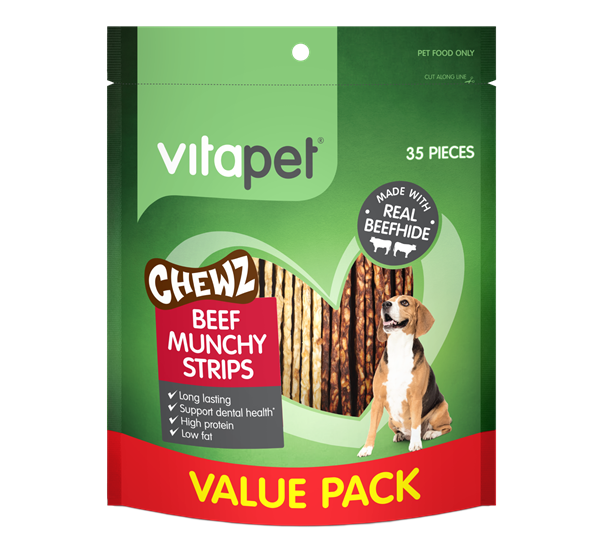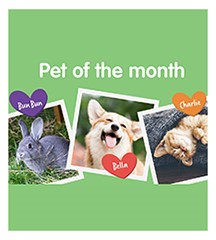Eating grass isn’t uncommon in dogs. So if your dog eats grass, know you’re not alone. In fact, in one survey, over 75% of dog owners reported their dog ate grass or other plants1. Exactly why dogs do this is still up for discussion, but is thought to stem from a survival instinct of their ancestors.
Eating Grass to Induce Vomiting
Owners often report that their dog eats grass and then vomits shortly after. It is thought that wild dogs induced vomiting by eating grass was a way to rid their stomachs of gastrointestinal parasites. Despite regular deworming of dogs these days, the instinct to eat grass remains strong in many dogs.
Sometimes owners report that their dogs eat grass to throw up if they are feeling unwell.
This empties their stomach contents, getting rid of anything they may have eaten that doesn’t agree with them. Note however that grass-eating is not usually associated with illness at all, and is considered a normal behaviour that has been inherited from dog’s wild ancestors1.
Eating Grass as part of Normal Puppy Exploration
Young dogs, particularly puppies, can be observed eating grass as well as non-grass plants) more often than adult dogs. This can be considered a normal behaviour during early life, when puppies use their mouths to explore their environment, including the garden. Puppies chew on anything and everything they can find, so be sure to offer close supervision to avoid ingestion of toxic plants and items that could lodge in their stomach or intestines, such as large seeds or fruit stones.
Problems with Eating Grass
Grass-eating in dogs is a natural behaviour, and rarely causes problems. Sometimes dogs can swallow blades of grass without chewing, then when vomiting, a blade of grass may lodge in the space between the nose and the throat (called the nasopharynx). This causes irritation to the back of the nose and multiple sneezing attacks until either the blade of grass dislodges, or is removed (under anaesthetic) by your vet.
It is also important not to allow your dog access to lawns that have just been treated with fertilisers and always follow the guidelines from the manufacturer about pet safety.
Common Toxic Plants to Look out for in the Garden
While eating the common lawn varieties of grass is rarely harmful, some dogs are more adventurous in their foraging, and so it is important to be aware of plants that are highly toxic for dogs, some of which are listed below:
• Yesterday-today-and-tomorrow plant
• Azaleas
• Castor bean plant and beans
• Cyclamen
• Daffodil
• Foxglove
• Oleander
• Sago palm2












